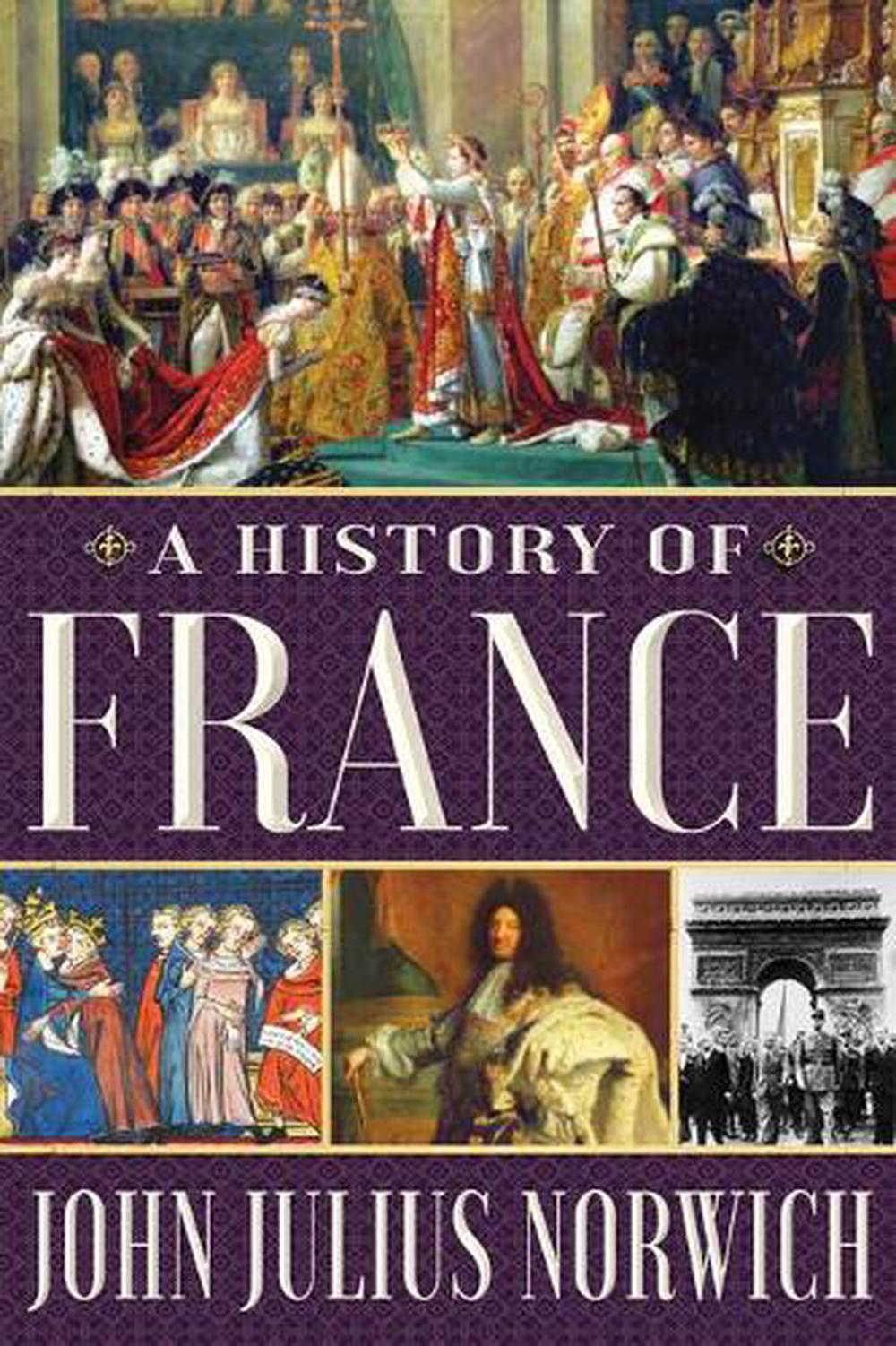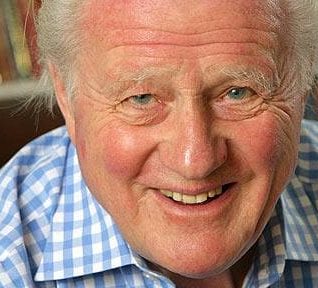


In 1529, for instance, the French ambassador reported to King Francis that Pope Clement, suddenly struck with a visceral dread of Ottoman armies overrunning Italy, was contemplating scooping up all the money and valuables he could lay hands on and absconding to Avignon.īut Francis was eyeing the sultan as an ally, and he failed to act on repeated papal calls for joint European action against the Turks. Some were corrupt, a few of an ascetic bent, others indecisive and vacillating, but all of them inextricably entrammeled in the political, territorial, and (obviously) religious wranglings of the day. The period between 15 saw nine popes come and go. There’s another critical factor in this mix as well.

On one hand, we find establishment, abuse-ridden Catholicism (flanked by well-meaning Erasmian humanism) facing off against a rapidly proliferating swarm of new Protestant denominations, most notably (but not exclusively) in the northern and eastern reaches of Europe.Īt the same time, in the Mediterranean and the southeast, Islamic forces - in the person of Suleiman and his seagoing surrogates - were grinding away at Christian hegemony, a continent-wide status newly won only decades before (in 1492), when Spanish monarchs Ferdinand and Isabella expelled the Moors.Īs the 1530s approached and passed, though, Ottoman forces were probing as far north as present-day Vienna, and their Barbary pirate allies were ravaging Sardinia, Corfu, and other Mediterranean islands.

The middle third of the 1500s was an era where the parallel practices of war and showy diplomacy played out against a roiling backdrop of religion and belief. As for Henry, who engaged regularly, and largely ineffectually, with both European monarchs in matters of divorce, war, and alliances, the English king comes across as a bit out of the mainstream in the foursome at the center of Norwich’s book. The historical record indicates that Charles, Henry, and Francis had met personally from time to time, but only Francis had dealt in person with Suleiman, whom he considered a potential ally in his on-again, off-again wars with Charles. In Four Princes, Norwich explores the intersecting sagas of four 16th-century rulers who were remarkably close contemporaries: England’s Henry VIII (1491-1547) Francis I of France (1494-1547) Charles V, king of Spain and Holy Roman Emperor (1500-1558) and Sultan Suleiman the Magnificent (1494-1566), ruler of the Ottoman Empire.


 0 kommentar(er)
0 kommentar(er)
